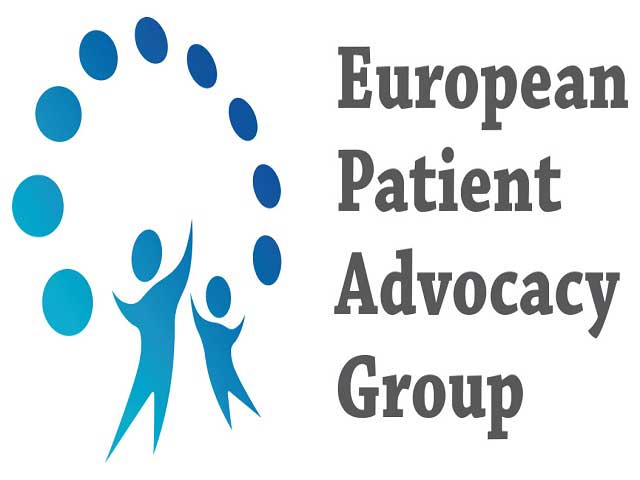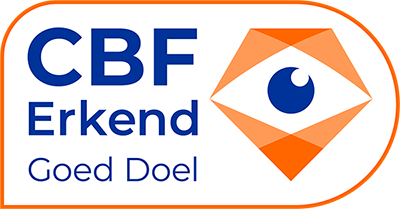Communicate state child
Communication is crucial

A child with CMTC affects all family members and the other children in the family have to deal with it as well. The parents should provide certain strategies for other children on how they deal with it, especially with peers. The parents’ attention should be given to what the children experience due to reactions from the environment. This is a priority of the parents to ensure that the patient does not get all of the attention at the expense of the other children. It is a well known and natural phenomenon that parents tend to be overprotective to the patient. However, when this occurs, the child learns not to be resilient and will not gain a positive self-image and self-confidence.
Do not avoid the mirror
Another concern for parents is the fact that sometimes the patient has a little brother or sister who is suffering just as much or even more than the patient himself. Generally, it would be wise not to talk about the external problem. Rather, answer the child’s questions simply, possibly using the clinical terminology. The child himself must first get used to the situation before detailed information is needed. This determines the influence on his behavior and perception of their appearance (see Imagined Ugliness). For example, with the child in front of the mirror, let him pinpoint where the problems are. Sometimes his image is different than what the parents thought. This way, the mirror is not avoided, and that supports the feeling of self-confidence.
Balance between asking too much or too little
The child is interested in what his condition means now, not what it means years from now. The parents, of course, are concerned about the long term, but this doesn’t help the child. In addition, developments on CMTC are unpredictable and having statements about a longer term therefore make little sense. The important thing is that the child is accepted. This does not mean, however, that parents should never spontaneously ask his feeling about this. The child may feel that it is better concealed because his parents may be suffering or because his parents are ashamed for him. Questions may be asked, for example, after the child has experienced bullying. It’s a hard balance, but this actually applies to the parental capabilities to deal with the situations.





